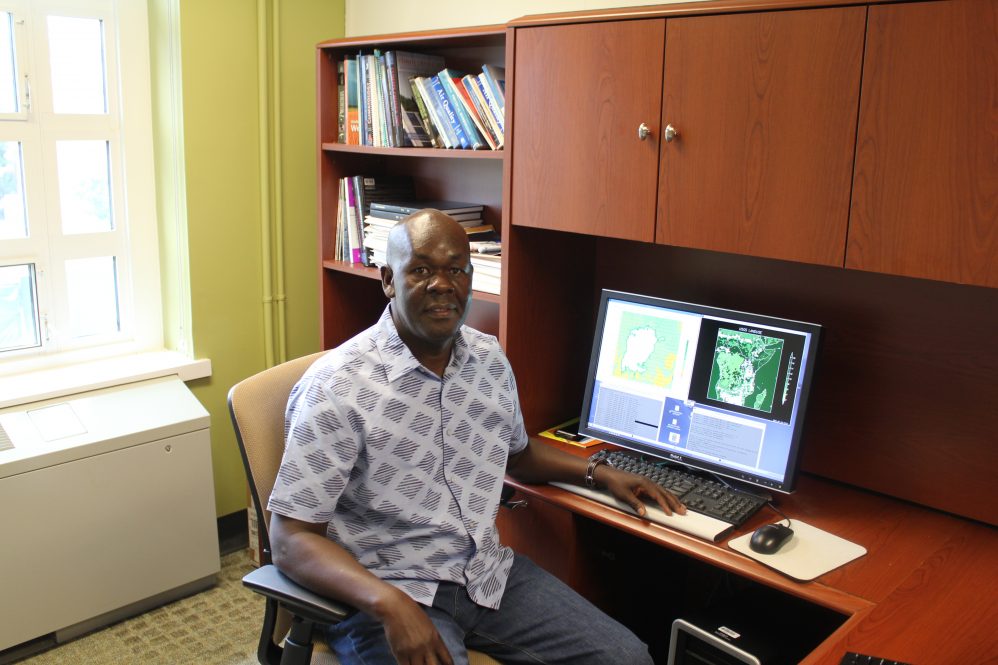Richard Anyah, associate professor in the Department of Natural Resources and the Environment in the College of Agriculture, Health and Natural Resources, has been appointed to the Scientific Advisory Panel of the World Meteorological Organization (WMO).
The WMO is an intergovernmental organization with members from 193 countries and territories. The WMO was formally established in 1950 as an arm of the United Nation, and is host to the Intergovernmental Panel on Climate Change (IPCC). The IPCC Secretariat is “the United Nations body for assessing the science related to climate change.” The WMO promotes international cooperation and coordination to understand and protect the earth’s atmosphere.
The Scientific Advisory Panel provides forward-looking advice for addressing emerging challenges of earth’s changing meteorological activity.
“Climate is uniquely local, yet globally influenced, and so solutions to climate change impacts require global cooperation and international collaboration among scientists and all stakeholders,” says Anyah.
Climate change has large- and small-scale impacts including more intense summer heat and more severe storms. Crafting a global understanding and willingness to address these threats collectively will improve the quality of life for people around the globe.
Anyah will work with other panelists to craft a series of recommendations for the WMO and a statement for COP26 UN Climate Change Conference in Glasgow in the fall.
Anyah holds a Ph.D. in atmospheric science from North Carolina State University. Anyah uses computer modeling and decades’ worth of data to study how climate change affects systems all over the world.
Anyah’s research emphasizes the connections between climate, weather, and society. He focuses on topics such as impacts on water resources, and food and energy security, all of which are intimately connected to human wellbeing.
Follow UConn CAHNR on social media



